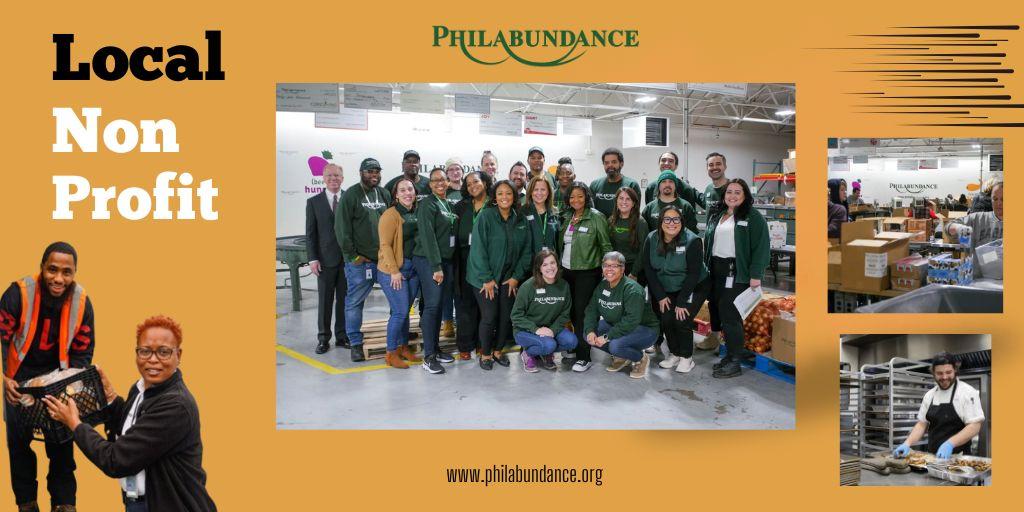How a Local Non Profit Helps Hungry College Students in Philadelphia

When most people think about hunger, they picture families with children or seniors living on fixed incomes. What rarely comes up is the growing number of college students struggling to afford enough food. In Philadelphia, campuses like Temple University, Drexel University, and the University of Pennsylvania have reported high rates of food insecurity among their students. For young adults balancing classes, jobs, and rising living costs, missing meals is a hidden but very real challenge.
This is where the work of a local non-profit becomes critical. Organizations like Philabundance don’t just serve families in need—they also supply food to campus pantries and community programs that directly support students.
The Overlooked Side of Food Insecurity
College students often carry the assumption of independence. They’ve left home, they’re pursuing degrees, and from the outside, it may look like they have resources at their disposal. But many students come from low-income households or work part-time jobs that barely cover tuition, rent, and other expenses. Food often falls last on the budget list.
National surveys show that nearly one in three college students in the U.S. experiences food insecurity. In Philadelphia, where costs of living have steadily increased, the problem is even more pronounced. Without access to affordable groceries, students may skip meals, rely on cheap fast food, or simply go hungry. This affects not only their physical health but also their ability to focus, learn, and graduate on time.
The Role of Campus Pantries
To meet this need, universities have developed campus food pantries. These small but vital programs provide students with groceries and fresh produce, helping them stretch their limited budgets. Still, many of these pantries depend heavily on outside partnerships. That’s where a local non profit like Philabundance makes the difference.
By connecting with these campus initiatives, nonprofits ensure students have consistent access to nutritious food. Monthly donations from the community allow Philabundance to supply pantries with staples, fresh items, and culturally relevant foods that fit students’ needs.
Why Monthly Giving Is Essential
The challenges students face don’t disappear after one visit to a pantry. They need ongoing support throughout the school year, and campus programs need predictable supplies. Monthly donations give nonprofits the ability to plan for that demand and keep shelves stocked week after week.
For example, a steady $20 monthly donation adds up to $240 a year—enough to cover grocery deliveries for a student struggling to make ends meet. Multiply that by dozens or hundreds of donors, and the impact becomes significant, helping entire campuses fight hunger.
Supporting the Future Workforce
Helping college students today has lasting benefits for Philadelphia’s future. Students who can access healthy meals are more likely to succeed academically, graduate, and contribute back to the community. When hunger doesn’t stand in the way, they can focus on building careers and strengthening the local economy.
A local non profit like Philabundance plays an important role in making that possible. By sustaining campus pantries, they bridge the gap for students who would otherwise go without.
If you’d like to make a difference where it’s often overlooked, consider setting up a monthly donation to Philabundance. Your support will not only feed families across the region but also ensure Philadelphia’s students have the nutrition they need to thrive.
For more information about Food Bank Near Me Please visit : Philabundance
- Vibnix Blog
- Politics
- News
- Liberia News
- Entertainment
- Technology
- Educação
- Art
- Causes
- Crafts
- Dance
- Drinks
- Film
- Fitness
- Food
- Jogos
- Gardening
- Health
- Início
- Literature
- Music
- Networking
- Outro
- Party
- Religion
- Shopping
- Sports
- Theater
- Wellness



